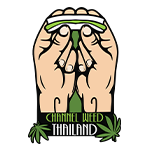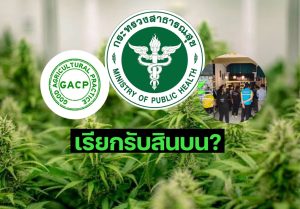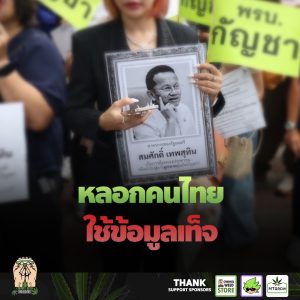Parental cannabis use can have a positive effect on child development
2 min read
Leafie published a new study has found medicinal cannabis use can have a positive impact on a child’s development by increasing the amount of time parents spend with them. The study, published in the Journal of Applied Econometrics, also found that men who are prescribed cannabis increase the time they spend with their children more than women.
Using data from a US Government survey, researchers found that parents who use medicinal cannabis and live in states that have legal medicinal programmes benefit from increased sleep, better overall health, and spend less time being inactive.
Co-authored by Jun Hyung Kim and Cynthia Bansak, the study shows that the positive effect on child development could be magnified for parents who would benefit from but who are not currently taking medicinal cannabis. The data also showed that children aged under six, the period of a child’s life deemed most important in development, gained the most from a parental cannabis prescription.
However, the study mentions that those who abuse cannabis can lessen the positive outcomes on child development compared to “those less likely to abuse marijuana.”
“We show that legalizing medical marijuana increases parenting time with children. The increases are significant on active childcare activities that require less effort of the parents such as playing with the child and on passive childcare in which parents watch over children while engaging in some other activity. Looking at heterogeneous effects, the effects are greater for those who are more likely to benefit from the medical use of marijuana and for subsamples with larger baseline parenting time, such as parents who have children younger than six.”
One of the study’s drawbacks was the lack of inclusion of parents who use cannabis for non-medicinal purposes. The authors also noted that the results could be skewed because of America’s large opioid problem.
“The results should be interpreted in the context of the USA which is leading the world in opioid analgesic consumption, a potential substitute for medical marijuana. MML [medical marijuana legalisation] may have allowed patients to move away from opioid analgesic to less harmful medical marijuana.”




